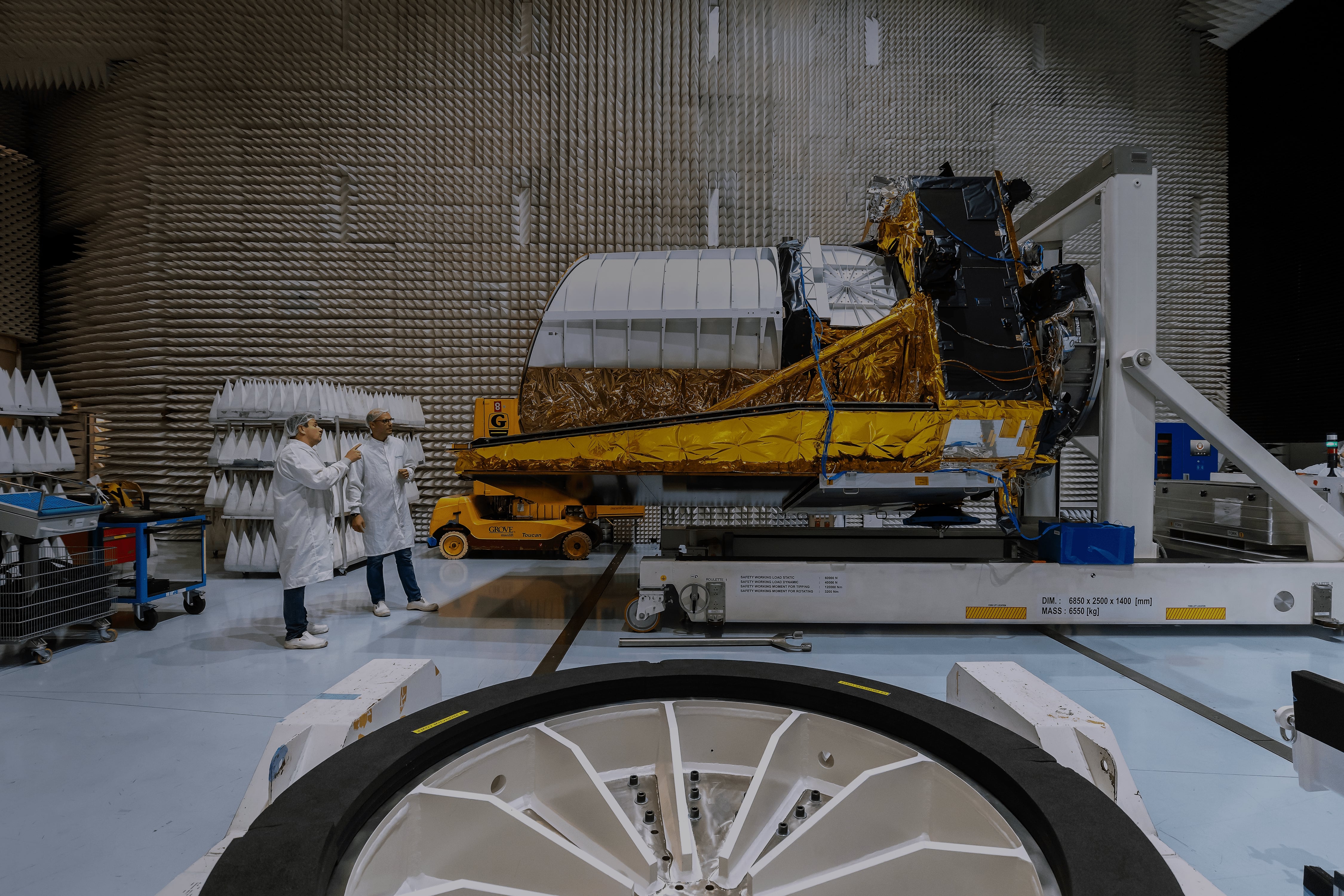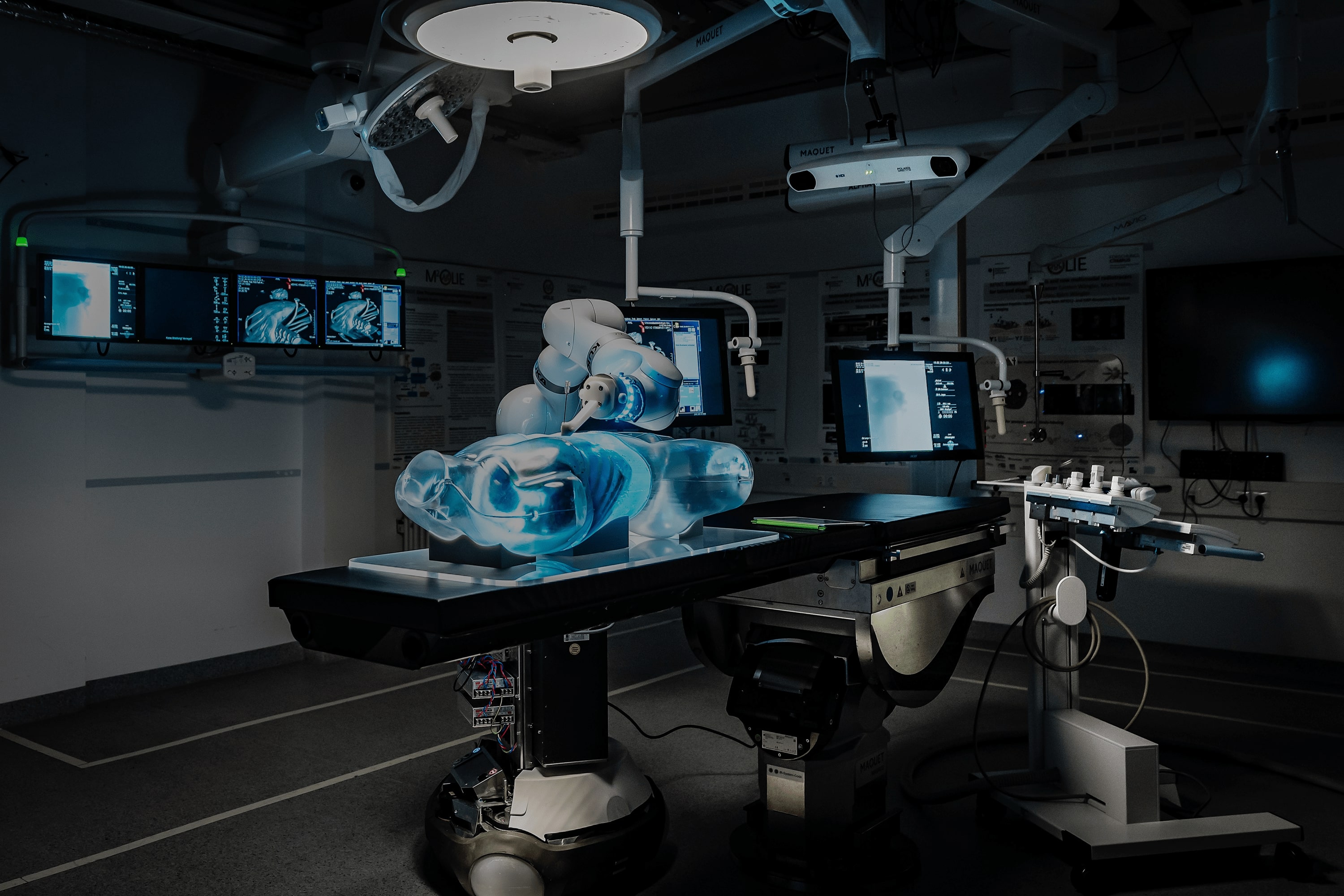Next Stop: Outer Space
Some of the Earth’s resources could soon be exhausted. In search of new sources, countries and companies are venturing into space. Their targets: the Moon, Mars, and far-off galaxies. An overview.

The Networkers
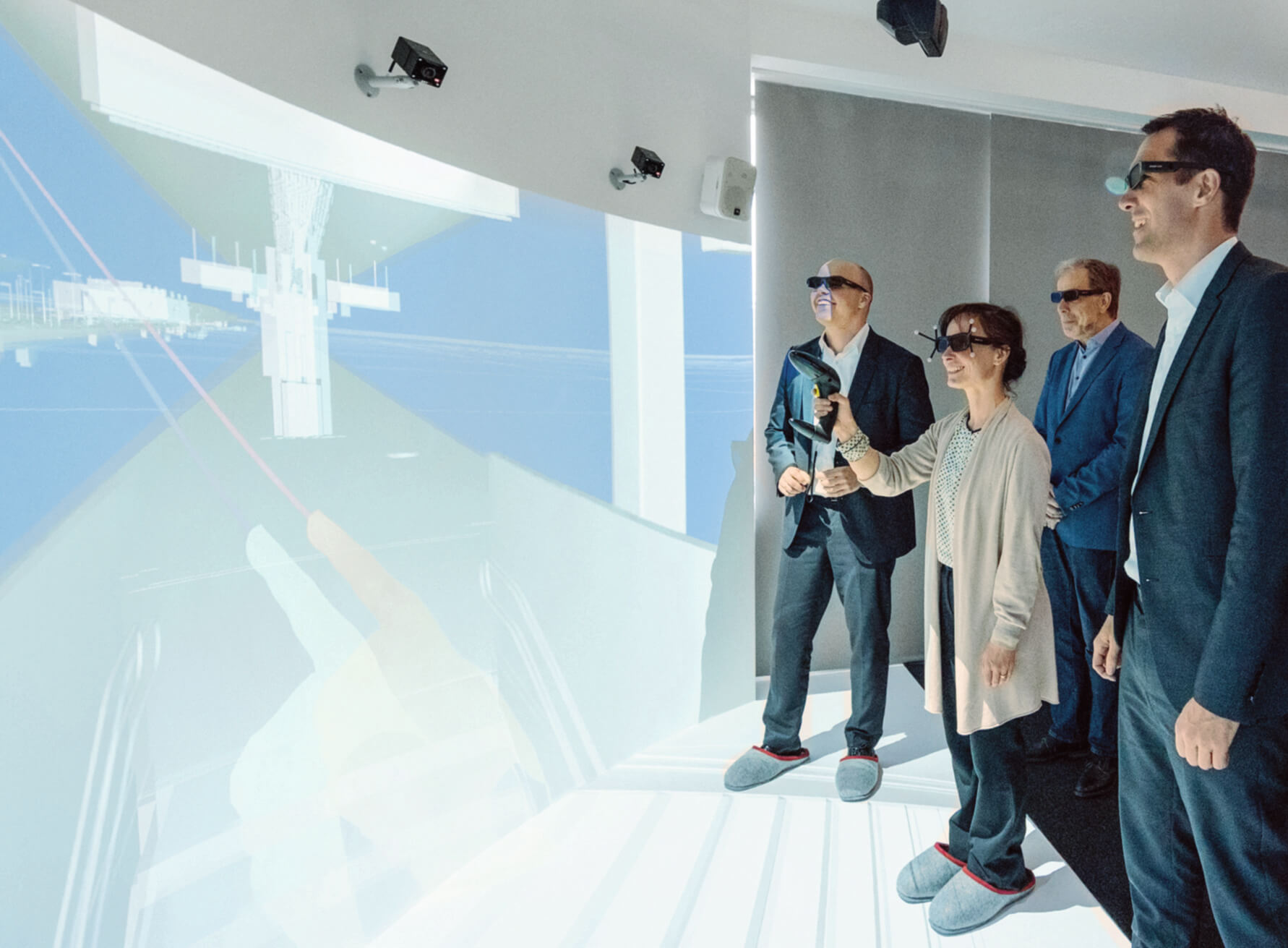
Deutsche Bahn’s new way forward: The company is using intelligent digital planning to accelerate its rail projects.
DB Netz AG is using a 3‑D digital object planning system to detect problems early on and thereby minimize defects and delays. Project management is also professionalized by linking planning with scheduling and costs. In addition, artificial intelligence will one day streamline infrastructure operations and maintenance.
Large-scale Deutsche Bahn projects are crucial to Europe’s mobility transition. Porsche Consulting is helping us complete them faster.
The project with Porsche Consulting
DB Netz AG’s large-scale projects for new lines and extensions take an average of twenty years from commission to completion. Porsche Consulting was charged with shortening this time by 25 percent. Agile project management was one of the methods its experts recommended,
along with interaction among all stakeholders, constant coordination and confirmation among team members, and brief daily analyses. In combination with their proven lean construction methods, this has enabled the consultants to achieve the desired time savings in initial pilot projects.
Mobility in the Future
Everyone is talking about new mobility. What is it actually? A look into the future on how are going to be en route in 2044.
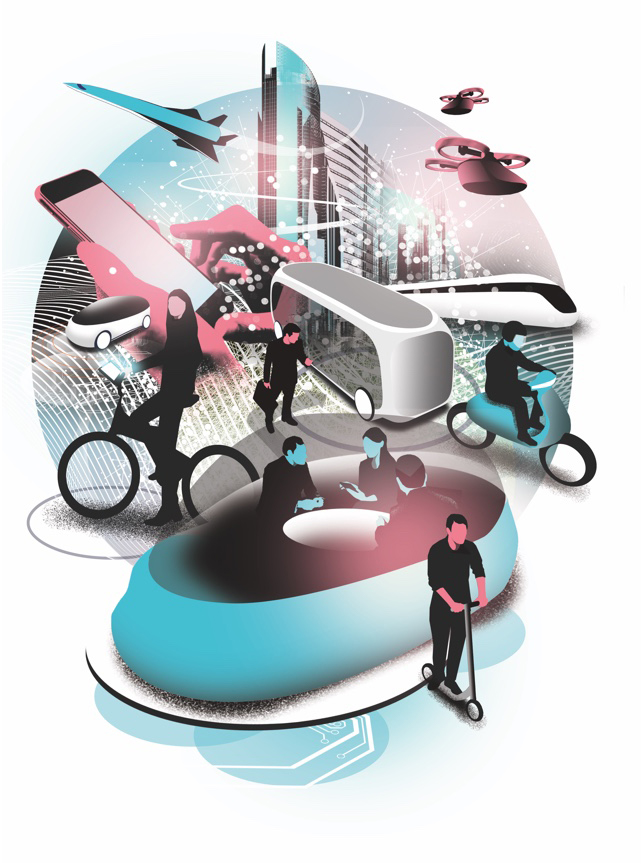
Connected
Digital on-demand services offer new driving pleasure.
By 2020 at the latest, most new cars will be connected. There is enormous potential for sales of entertainment features and remote software updates—and drivers can modify the ambience any way they desire.
Autonomous
Self-driving cars help optimize traffic flows.zu optimieren.
In 2025, self-driving cars promise fewer traffic jams and offer drivers and passengers the chance to work or pursue leisure activities. That offers new growth potential to hardware, software, and service providers.
Electric
Electrification leads to a higher quality of life.
The range and sales of electric cars are increasing dramatically and laying the foundation for sustainable services in urban areas. Benefits include less air pollution, lower noise levels, and a higher quality of life.
Shared
Mobility on demand becomes the standard.
No more private cars: Estimates predict that 95 percent of all passenger kilometers over the next ten years will be covered by shared vehicles and mobility-as-a-service solutions.
Urban
The future of mobility is decided in cities.
Because 60 percent of the world’s population is expected to live in cities by the year 2030, mobility behavior is being closely analyzed by manufacturers and providers. The resulting data offer the possibility of highly individualized services.
The Mobility Seers
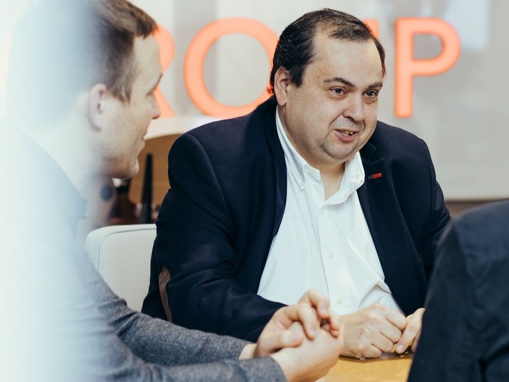
Paulo Humanes is convinced that technology can change mobility. His work proves his point. The Vice President for Business Development and New Mobility for the Karlsruhe-based PTV Group, he develops software that analyzes traffic and derives strategies to make efficient use of urban spaces. Together with the International Transport Forum (ITF), he published a study for the city of Lisbon that showed that fleets of autonomous ride-share vehicles could replace 90 percent of all privately owned cars and reduce CO2 emissions by 62 percent. The results were confirmed when the study was repeated in Helsinki in 2019.
Logistics specialists are saving 40,000 tons of CO₂. Every day.
Tram Ride to the Future
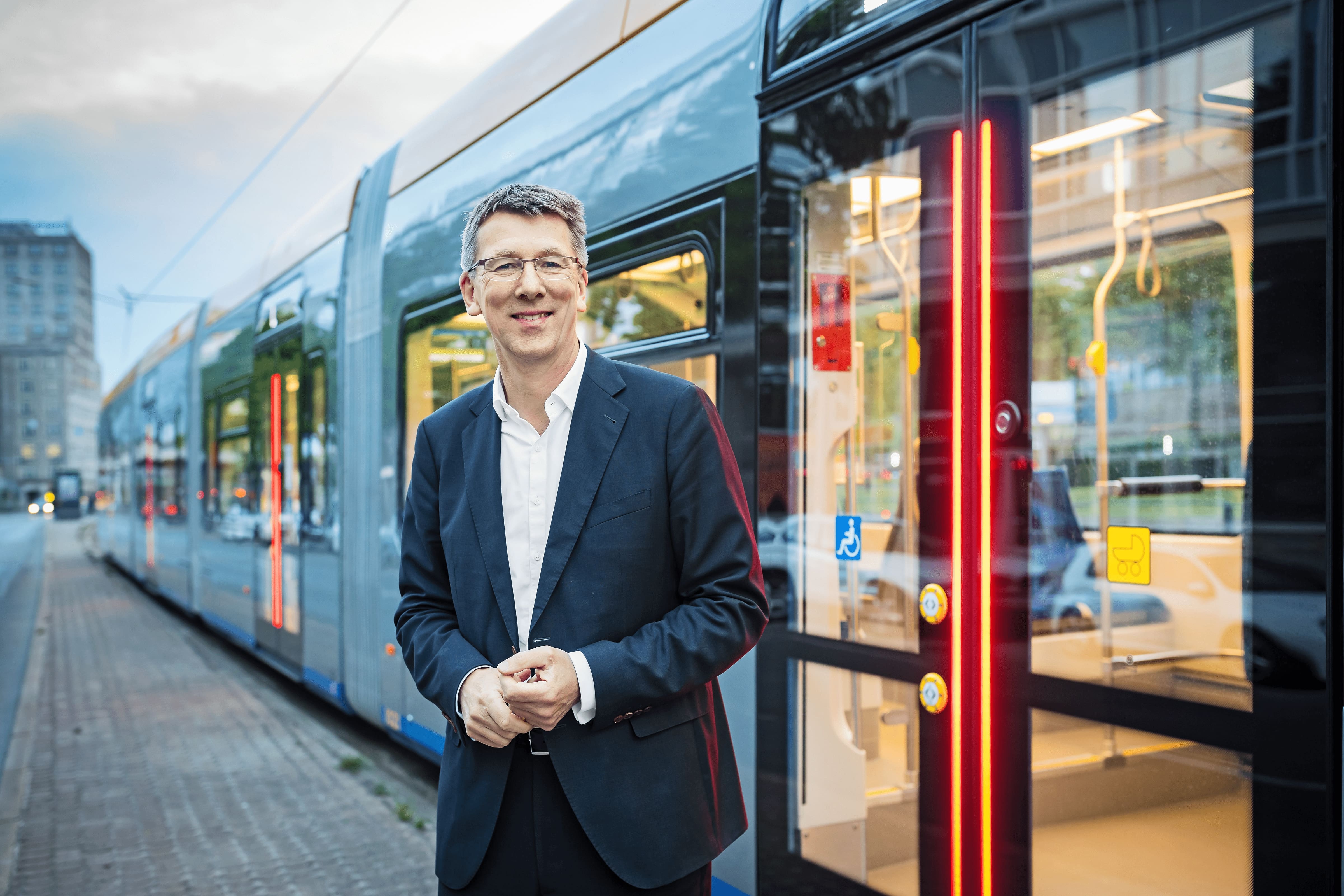
Leipzig is Germany’s fastest-growing major city, a fact not lost on its public transportation company, Leipziger Verkehrsbetriebe (LVB). In 2018 it served 156 million passengers—18 million more than it had five years earlier. But to ensure smooth operations, LVB is not laying new rails. It is focusing on digital services and connecting all providers. Managing director Ulf Middelberg wants to offer his customers “mobility as a service,” and link his buses and trams with rental bikes, shuttle services, autonomous transport systems, and car sharing. “Every passenger has their own mobility needs and public transportation can meet them with smart services,” he says. “Younger people in particular no longer want to be bound to a private car or a monthly metro pass.”
The project with Porsche Consulting
Porsche Consulting is supporting LVB in its transition to a mobility service provider. This transformation is based on the following business strategy: an all-round service provider can take on new business models
and help shape the competitive rules of the game—instead of standing by while private providers forge on ahead. As Middelberg puts it, “We want to take our cut of the digitalization profits.”

